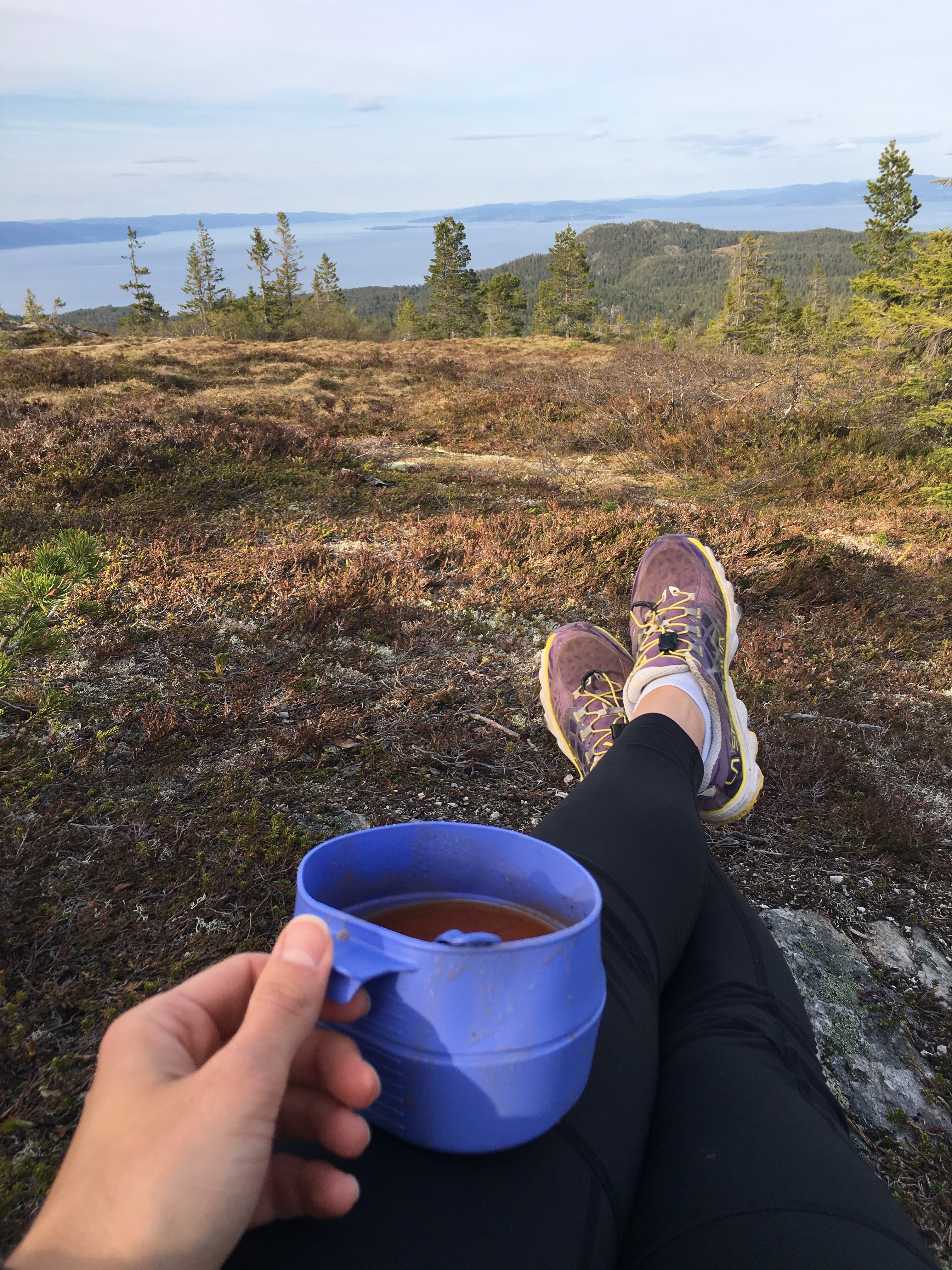Plant based diet for athletes 🌱
- Datasista

- Jun 10, 2022
- 2 min read
Updated: Apr 30, 2024

Plant based diets for athletes have grown in popularity the last few years, as several athletes have adopted a plant based lifestyle. In recent years, studies have proposed this way of eating could offer potential performance benefits for athletes. This sparks our curiosity.
The antioxidant, micronutrient, and carbohydrate rich foods typical of plant based diets may assist an athlete’s training and enhance recovery. Plant based diets should also contain high-carbohydrate food sources such as whole grains, legumes, and starchy vegetables, which are the primary sources of energy used during aerobic physical activity.
Ensure your protein, vitamin and mineral intake
A common concern among people is the lack of proteins on a plant based diet. Athletes require more protein than non-athletic, with a recommended range of 1.4–2.0 g/kg/day. Animal proteins contain a greater biological value than plant sources, containing all the essential amino acids.
However, protein from a variety of plant foods consumed throughout the day provides enough of all essential amino acids when calorie needs are met. To ensure a plant based athlete is meeting protein needs, high protein plant foods such as soy products (tempeh, tofu, edamame), beans, lentils, nuts, seeds, and quinoa are recommended. Supplemental protein powder in the form of peas and rice may also be a way to consume more protein quickly and efficiently post-workout.
A healthy diet also consists of vitamins and minerals (micronutrients) and if you swear to a completely plant based diet you should ensure that your food source meet your needs; mainly you should include vitamin B12, iron, zinc, calcium, and vitamin D. Most of these should be covered if you eat a varied diet, but supplements might in some cases be necessary. Many foods have these micronutrients supplemented, so check the nutrition facts label of your food if you are unsure of your intake.
Ensure Energy Needs Are Met
We all know that an active lifestyle requires a lot of energy, and it is important that our energy needs are met. A negative energy balance occurs when your caloric intake is lower than your energy expenditure. This may result in weight loss in the form of both fat and muscles, or in case of low energy availability, may increase the athlete’s risk of serious long-term consequences such as low bone mineral density and an increased risk of injury and illness. So it is important to eat enough.
Riders who exercise a lot may find it challenging to consume the calories they need to ensure energy balance, and vegans, in particular, consume fewer calories than omnivores, especially from protein and fat. Another concern is that vegan and vegetarian diets are typically high in fiber. While fiber provides many health benefits, it also promotes early satiety, which can make it difficult for athletes to maintain a high-calorie diet or gain weight.
So in periods with a lot of exercise, we usually try to increase the number of times we eat per day, increase the consumption of calorie-dense foods such as nuts, seeds, and oils or increase portion sizes at each meal.




Comments